

Articles
How To Store Uncooked Bacon
Modified: December 7, 2023
Learn the best methods for storing uncooked bacon to keep it fresh and flavorful. Discover helpful tips and tricks in this informative article.
(Many of the links in this article redirect to a specific reviewed product. Your purchase of these products through affiliate links helps to generate commission for Storables.com, at no extra cost. Learn more)
Introduction
When it comes to cooking bacon, many people focus on how to cook it to perfection. However, what often goes overlooked is the importance of properly storing uncooked bacon. Whether you have a surplus of bacon that you want to save for later or you simply want to maximize its freshness, understanding the proper storage methods is essential.
In this article, we will explore why proper storage of uncooked bacon is important and provide you with basic guidelines and methods for storing it effectively. Whether you choose to refrigerate or freeze your bacon, we will walk you through step-by-step guides to ensure that your bacon stays fresh and ready to use when you need it.
So, if you’re ready to learn how to properly store uncooked bacon and extend its shelf life, let’s dive right in!
Key Takeaways:
- Properly storing uncooked bacon is essential for maintaining its quality, ensuring food safety, minimizing waste, and facilitating convenient meal planning. Whether refrigerating or freezing, following guidelines and methods is crucial.
- Refrigeration is suitable for short-term storage, while freezing extends the shelf life of bacon. Following step-by-step guides and additional tips ensures bacon remains fresh, delicious, and ready to use whenever needed.
Read more: How To Store Cooked Bacon
Why is Proper Storage of Uncooked Bacon Important?
Proper storage of uncooked bacon is important for several reasons. First and foremost, it helps maintain the quality and freshness of the bacon. When bacon is exposed to air, moisture, and fluctuating temperatures, it can quickly spoil, resulting in a loss of flavor and texture.
Furthermore, improper storage of uncooked bacon can lead to the growth of bacteria and the risk of foodborne illnesses. Bacon is a perishable food item due to its high fat content, making it an ideal breeding ground for bacteria such as salmonella or E. coli if not stored correctly.
By storing uncooked bacon properly, you not only preserve its taste and texture but also reduce the risk of foodborne illnesses. This is especially important if you plan to consume the bacon at a later date or use it as an ingredient in dishes where it will undergo further cooking.
Another reason why proper storage of uncooked bacon is important is to minimize waste. Bacon can be quite expensive, and if not stored correctly, it can easily go bad, resulting in money wasted. By following the appropriate storage methods, you can extend the shelf life of your bacon and ensure that you get the most out of your purchase.
Lastly, proper storage of uncooked bacon allows for convenient meal planning and preparation. By having a stock of properly stored bacon on hand, you can easily include it in your recipes whenever you want without worrying about making a special trip to the grocery store. It saves you time and effort in the long run.
Overall, the proper storage of uncooked bacon is crucial for maintaining its quality, ensuring food safety, minimizing waste, and facilitating meal planning. Now that we understand why it is important, let’s move on to the guidelines and methods for storing uncooked bacon effectively.
Basic Guidelines for Storing Uncooked Bacon
Before diving into the specific methods of storing uncooked bacon, it’s important to understand the basic guidelines that apply regardless of the storage method you choose.
1. Keep the packaging intact: Whether your bacon comes in a sealed package or you transferred it to a different container, it’s crucial to keep the original packaging sealed until you’re ready to use the bacon. This helps to keep out air, moisture, and contaminants that can accelerate spoilage.
2. Check the expiration date: Before storing your uncooked bacon, take a moment to check the expiration date on the packaging. You want to make sure that you consume the bacon before it reaches its expiration date to ensure freshness and minimize the risk of foodborne illnesses.
3. Store in the coldest part of the refrigerator or freezer: Bacon should be stored in the coldest part of your refrigerator or freezer to maintain its quality and slow down bacterial growth. In the refrigerator, this is usually the back of the bottom shelf, and in the freezer, it’s the coldest zone.
4. Separate and wrap individual slices: If you anticipate using bacon a few slices at a time, it’s a good idea to separate the slices and wrap them individually. This way, you can take out only the amount you need without exposing the rest of the bacon to air and moisture.
5. Label and date the packaging: To keep track of the bacon’s freshness, it’s a good practice to label the packaging with the date of storage. This way, you can easily identify when the bacon was stored and ensure that it’s used within a reasonable timeframe.
By following these basic guidelines, you can maintain the quality and freshness of your uncooked bacon, regardless of whether you choose to refrigerate or freeze it. Now, let’s explore the specific methods for properly storing uncooked bacon in both the refrigerator and the freezer.
Methods for Properly Storing Uncooked Bacon
There are two main methods for properly storing uncooked bacon: refrigeration and freezing. Each method has its advantages and considerations, so it’s important to choose the one that best suits your needs and usage.
Option 1: Refrigerating Uncooked Bacon
Refrigeration is the preferred method for short-term storage of uncooked bacon. It allows you to keep the bacon fresh and ready to use within a few weeks.
Option 2: Freezing Uncooked Bacon
Freezing is the best method if you want to store uncooked bacon for a longer period, extending its shelf life up to six months or more.
Both methods are effective in preserving the quality and taste of the bacon, but there are slight differences to consider when choosing which method to use.
Refrigeration is ideal for those who anticipate using the bacon within a few weeks or less. It allows for convenient access to bacon that is still fresh and requires minimal preparation before cooking.
Freezing, on the other hand, is suitable for those who want to stock up bacon for a longer period or prefer to buy bacon in bulk. It requires a little bit more planning ahead, as the bacon needs to be thawed before use, but it offers the advantage of having bacon on hand whenever you need it.
Both methods have their merits, so it’s up to you to decide which one aligns with your preferences and needs. In the following sections, we will provide step-by-step guides for storing uncooked bacon in the refrigerator and the freezer, so you can follow along and choose the method that suits you best.
Whether you choose refrigeration or freezing, the key is to properly package the bacon to protect it from air and moisture. This helps to preserve its quality and prevent freezer burn (if freezing) or spoilage (if refrigerating).
Now that we’ve covered the basic concepts, let’s move on to the step-by-step guides for storing uncooked bacon in both the refrigerator and the freezer.
Option 1: Refrigerating Uncooked Bacon
Refrigeration is a popular method for storing uncooked bacon when you plan to use it within a few weeks. Follow these step-by-step instructions to properly store uncooked bacon in the refrigerator:
- Check the packaging: Ensure that the original packaging of the bacon is intact and unopened. If necessary, transfer the bacon to a resealable plastic bag or an airtight container.
- Separate the slices: If you anticipate using bacon a few slices at a time, separate the slices and wrap them individually in plastic wrap or place them in separate zip-top bags. This will allow you to take out the desired amount without exposing the rest of the bacon to air and moisture.
- Label and date the packaging: Use a permanent marker to label the packaging with the current date. This will help you keep track of the bacon’s freshness and ensure that it is used within a reasonable timeframe.
- Store in the coldest part of the refrigerator: Place the sealed packaging or individual slices in the coldest part of your refrigerator. This is usually the back of the bottom shelf, as it experiences the least temperature fluctuations.
- Keep away from strong odors: Bacon has a strong aroma that can easily transfer to other foods in the refrigerator. To prevent this, store the bacon away from other strong-smelling foods or seal it tightly in a separate container to contain the smell.
- Check for freshness before use: Before cooking the bacon, always check for any signs of spoilage, such as a foul odor, slimy texture, or discoloration. If you notice any of these signs, discard the bacon immediately to avoid the risk of foodborne illnesses.
By following these steps, you can safely store uncooked bacon in the refrigerator, maximizing its freshness and ensuring its quality when you’re ready to cook with it.
Now that we’ve covered the refrigeration method, let’s move on to the next option: freezing uncooked bacon for longer-term storage.
Store uncooked bacon in the refrigerator at 40°F or below. Keep it in its original packaging or transfer to an airtight container or resealable plastic bag to prevent cross-contamination. Use within 1 week or freeze for up to 1 month.
Read more: How To Store Uncooked Tofu
Option 2: Freezing Uncooked Bacon
Freezing is an excellent method for storing uncooked bacon for an extended period, allowing you to stock up and have bacon on hand whenever you need it. Follow these step-by-step instructions to properly freeze uncooked bacon:
- Check the packaging: Ensure that the original packaging of the bacon is intact and unopened. If necessary, transfer the bacon to a freezer-safe bag or wrap it tightly in plastic wrap.
- Divide into portions (optional): If you prefer to have bacon in smaller portions, consider dividing it into appropriate serving sizes before freezing. This will make it easier to thaw and use only the amount you need.
- Wrap for protection: Wrap the bacon tightly in plastic wrap or place it in a freezer-safe bag, ensuring that it is well-sealed to prevent freezer burn.
- Label and date the packaging: Use a permanent marker to label the packaging with the current date. This will help you track the bacon’s freshness and ensure that it is used within a reasonable timeframe.
- Remove excess air (if using a bag): If using a freezer bag, gently press out any excess air before sealing it. This will help prevent freezer burn and preserve the quality of the bacon.
- Place in the freezer: Put the wrapped or bagged bacon in the coldest part of your freezer. Ideally, this is in the back of the freezer where the temperature remains consistent.
- Stack and organize (if necessary): If you have multiple packages of bacon, stack them neatly to make efficient use of freezer space. Consider organizing them by date, placing the oldest packages at the front for easy access.
- Thaw when ready to use: When you’re ready to use the bacon, remove the desired amount from the freezer and thaw it in the refrigerator overnight or use the defrost function on your microwave if time is limited.
- Check for freshness before use: Always inspect the bacon for any signs of spoilage before cooking. Discard the bacon if you notice a foul odor, slimy texture, or discoloration.
By following these steps, you can properly freeze uncooked bacon and maintain its quality for an extended period. Remember to thaw it safely before using and discard any bacon that shows signs of spoilage.
Now that we have covered both refrigeration and freezing methods, let’s move on to some additional tips that can help you store uncooked bacon effectively.
Step-by-Step Guide to Storing Uncooked Bacon in the Refrigerator
If you prefer to refrigerate uncooked bacon for short-term storage, follow these step-by-step instructions to ensure proper storage:
- Check the packaging: Ensure that the original packaging of the bacon is intact and unopened. If necessary, transfer the bacon to a resealable plastic bag or an airtight container.
- Separate the slices: If you anticipate using bacon a few slices at a time, separate the slices and wrap each one individually in plastic wrap or place them in separate zip-top bags. This helps to maintain freshness and prevents exposing the entire batch to air and moisture.
- Label the packaging: Use a marker to label the packaging with the date of storage. This will help you keep track of the bacon’s freshness and ensure that it is used within a reasonable timeframe.
- Store in the coldest part of the refrigerator: Place the sealed packaging or individual slices in the coldest part of your refrigerator, typically the back of the bottom shelf. The cold temperature helps slow bacterial growth and maintains the quality of the bacon.
- Keep away from strong odors: Bacon has a strong aroma that can easily transfer to other foods in the refrigerator. To prevent this, store the bacon separately or ensure it is sealed tightly in its packaging or container.
- Inspect before use: Before cooking the bacon, always check for any signs of spoilage, such as a foul odor, slimy texture, or discoloration. If you notice any of these signs, discard the bacon immediately to avoid the risk of foodborne illnesses.
By following these steps, you can store uncooked bacon in the refrigerator and ensure its freshness for a few weeks. Remember to separate and label the portions, and check for any signs of spoilage before using it.
Now that we’ve covered storing uncooked bacon in the refrigerator, let’s move on to the step-by-step guide for storing it in the freezer for longer-term storage.
Step-by-Step Guide to Storing Uncooked Bacon in the Freezer
If you prefer to freeze uncooked bacon for long-term storage, follow these step-by-step instructions to ensure proper storage:
- Check the packaging: Ensure that the original packaging of the bacon is intact and unopened. If necessary, transfer the bacon to a freezer-safe bag or wrap it tightly in plastic wrap.
- Divide into portions (optional): If you prefer to have bacon in smaller portions, consider dividing it into appropriate serving sizes before freezing. This will make it easier to thaw and use only the amount you need.
- Wrap for protection: Wrap the bacon tightly in plastic wrap or place it in a freezer-safe bag, ensuring that it is well-sealed to prevent freezer burn.
- Label the packaging: Use a marker to label the packaging with the date of storage. This will help you keep track of how long the bacon has been frozen and ensure that it is used within a reasonable timeframe.
- Remove excess air (if using a bag): If using a freezer bag, gently press out any excess air before sealing it. This will help prevent freezer burn and preserve the quality of the bacon.
- Place in the freezer: Put the wrapped or bagged bacon in the coldest part of your freezer, typically the back. This ensures a consistent temperature and helps maintain the quality of the bacon.
- Stack and organize (if necessary): If you have multiple packages of bacon, stack them neatly to make efficient use of freezer space. Consider organizing them by date, placing the oldest packages at the front for easy access.
- Thaw when ready to use: When you’re ready to use the bacon, remove the desired amount from the freezer and thaw it in the refrigerator overnight or use the defrost function on your microwave if time is limited.
- Inspect before use: Before cooking the bacon, always check for any signs of spoilage, such as a foul odor, slimy texture, or discoloration. If you notice any of these signs, discard the bacon immediately to avoid the risk of foodborne illnesses.
By following these steps, you can properly freeze uncooked bacon and ensure its quality and freshness for an extended period. Remember to label the packaging, remove excess air, and inspect the bacon for spoilage before using it.
Now that we’ve covered step-by-step guides for both refrigerating and freezing uncooked bacon, let’s move on to some additional tips for properly storing uncooked bacon.
Additional Tips for Properly Storing Uncooked Bacon
Here are some additional tips to help you store uncooked bacon effectively:
- Use quality packaging: If you choose to transfer the bacon to different packaging, make sure to use high-quality freezer bags or airtight containers that are specifically designed for freezer storage. This helps prevent air and moisture from reaching the bacon and extends its shelf life.
- Consider vacuum sealing: If you have a vacuum sealer, consider using it to vacuum seal the uncooked bacon. Vacuum-sealed packaging significantly reduces the risk of freezer burn and maintains the freshness of the bacon for a longer period.
- Keep track of storage time: Freezing or refrigerating uncooked bacon doesn’t make it last indefinitely. Keep track of the storage time and try to use it within the recommended timeframes (refrigerated: around 1-2 weeks, frozen: up to 6 months).
- Label packages clearly: In addition to labeling the date of storage, you can also include any specific information, such as the type or brand of bacon. This makes it easier to locate and identify the bacon in the freezer or refrigerator.
- Avoid temperature fluctuations: Fluctuating temperatures can compromise the quality of the bacon. Make sure to avoid temperature fluctuations in the storage area by keeping the refrigerator or freezer door closed as much as possible.
- Don’t refreeze thawed bacon: Once you have thawed uncooked bacon, it is not recommended to refreeze it. Thawed bacon should be used within a few days to maintain its quality and minimize the risk of bacterial growth.
- Properly dispose of spoiled bacon: If you find any signs of spoilage, such as an off odor or slimy texture, discard the bacon immediately. Do not attempt to cook or consume spoiled bacon, as it can lead to foodborne illnesses.
By following these additional tips along with the proper storage methods, you can ensure that your uncooked bacon stays fresh and maintains its quality until you’re ready to cook with it.
Now that we’ve covered the tips, let’s wrap up the article.
Read more: How To Store Uncooked Cabbage
Conclusion
Properly storing uncooked bacon is crucial for maintaining its quality, ensuring food safety, minimizing waste, and facilitating convenient meal planning. Whether you choose to refrigerate or freeze your bacon, following the proper guidelines and methods will help preserve its freshness and flavor.
Refrigeration is suitable for short-term storage, typically within a few weeks, while freezing is ideal for longer-term storage, extending the shelf life of bacon up to six months or more.
By following the step-by-step guides provided in this article, you can easily store uncooked bacon in either the refrigerator or freezer. Remember to check the quality of the bacon before cooking and discard any spoiled or expired portions.
Additionally, incorporating the additional tips such as using quality packaging, labeling clearly, and avoiding temperature fluctuations can further enhance the storage process and prolong the life of your uncooked bacon.
So, whether you’re saving bacon for a future breakfast or stocking up on this versatile ingredient, proper storage techniques ensure that your bacon remains fresh, delicious, and ready to use whenever you need it.
Now, armed with the knowledge of how to store uncooked bacon properly, you can enjoy this savory treat with peace of mind and make the most of your bacon stash.
Frequently Asked Questions about How To Store Uncooked Bacon
Was this page helpful?
At Storables.com, we guarantee accurate and reliable information. Our content, validated by Expert Board Contributors, is crafted following stringent Editorial Policies. We're committed to providing you with well-researched, expert-backed insights for all your informational needs.



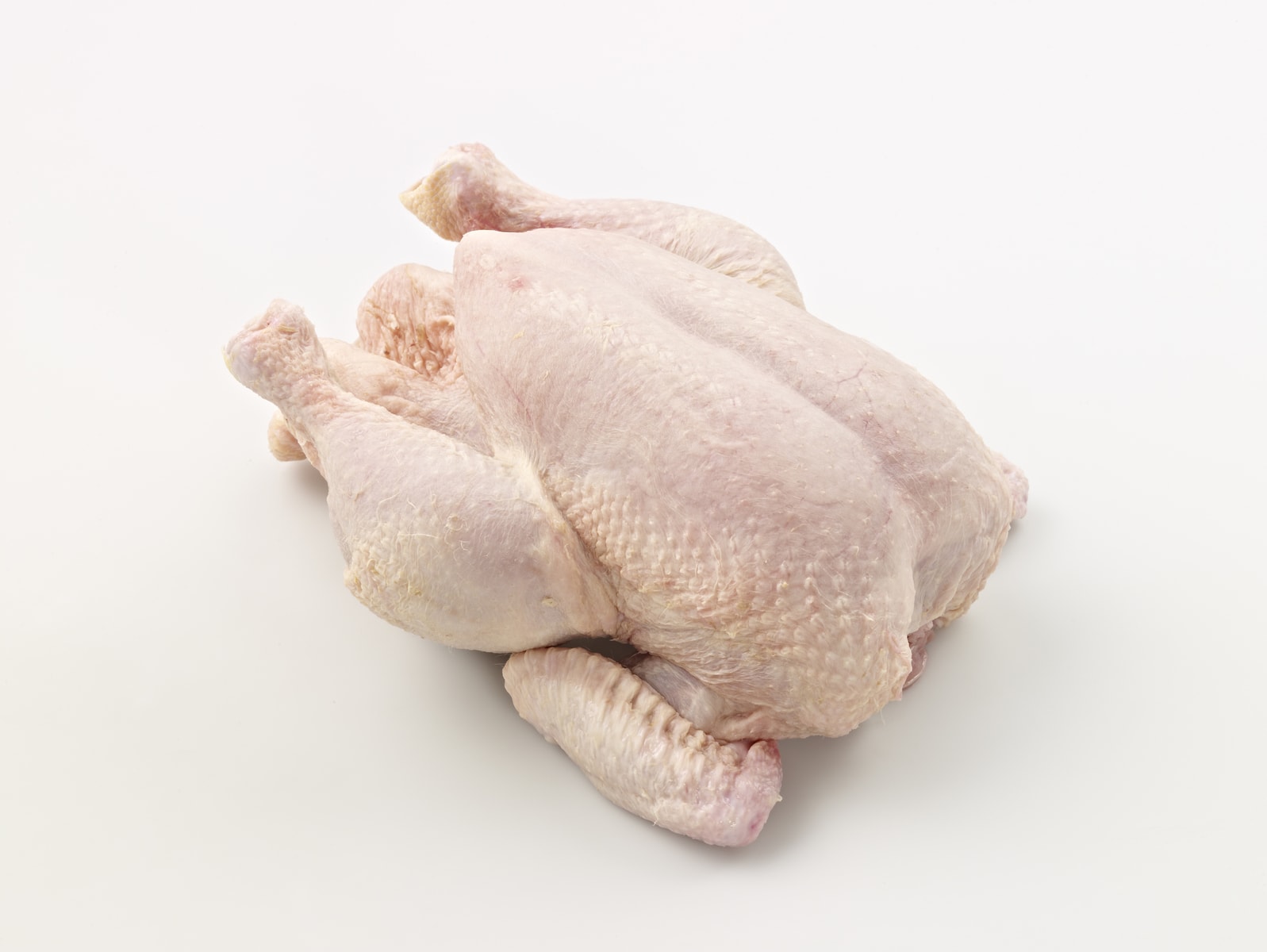
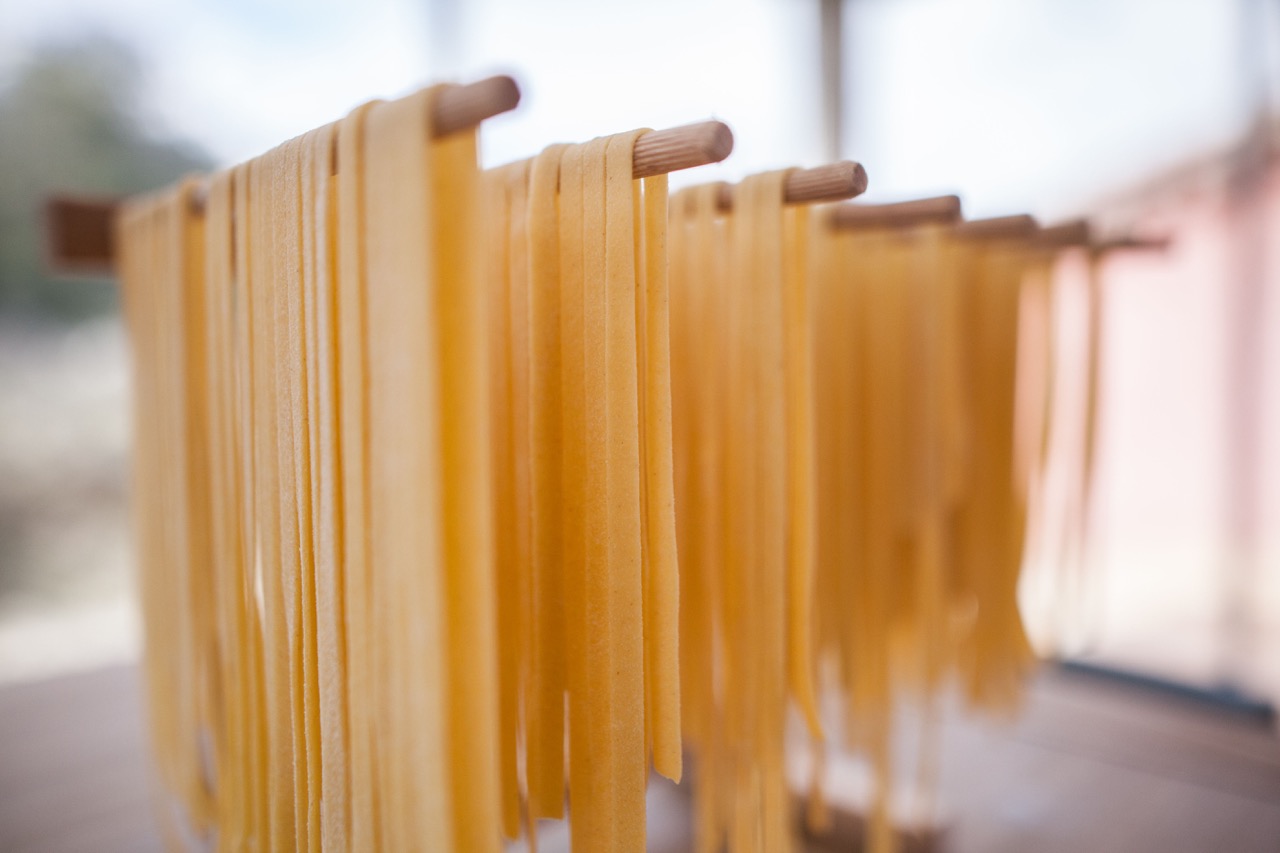
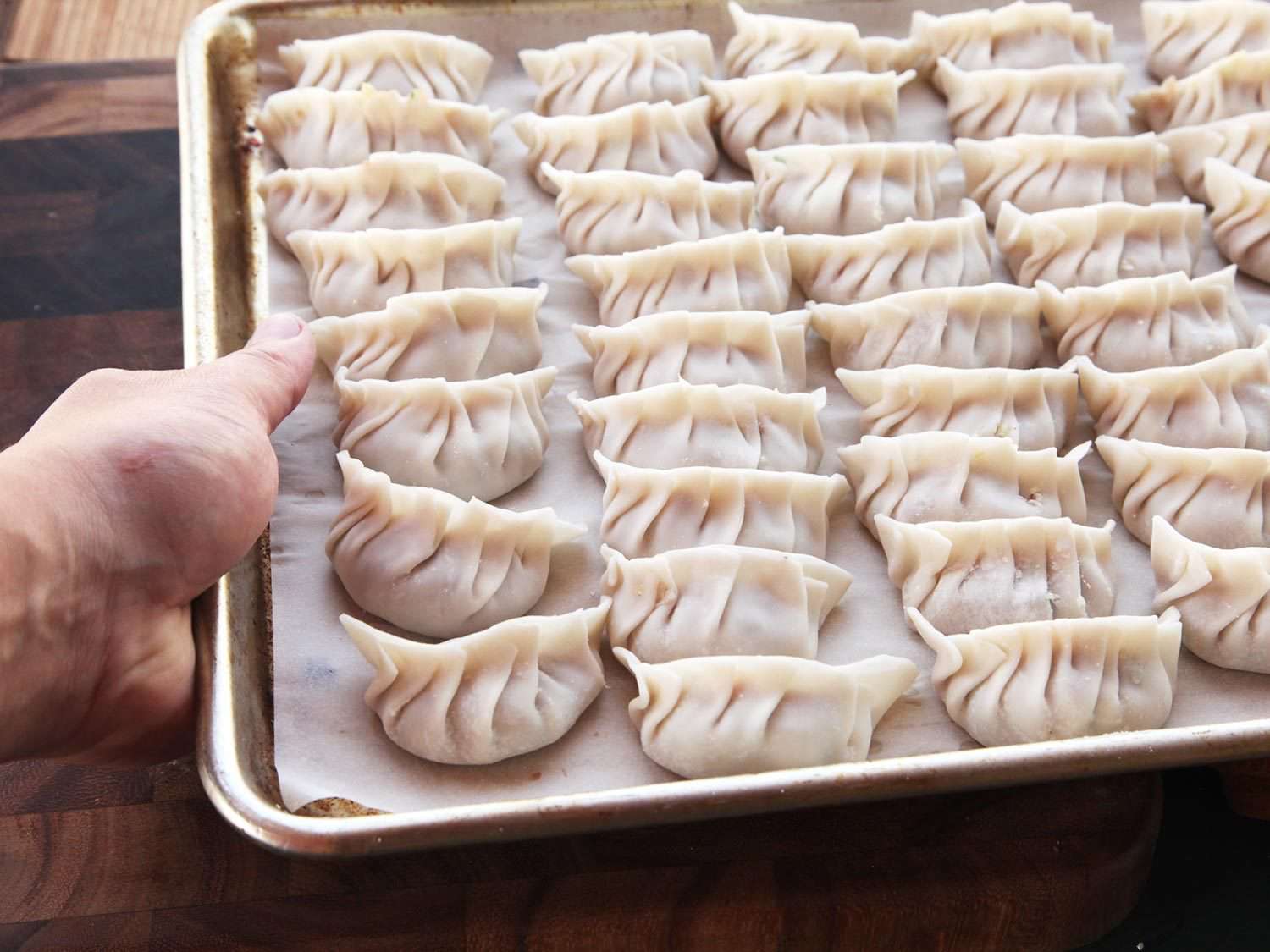
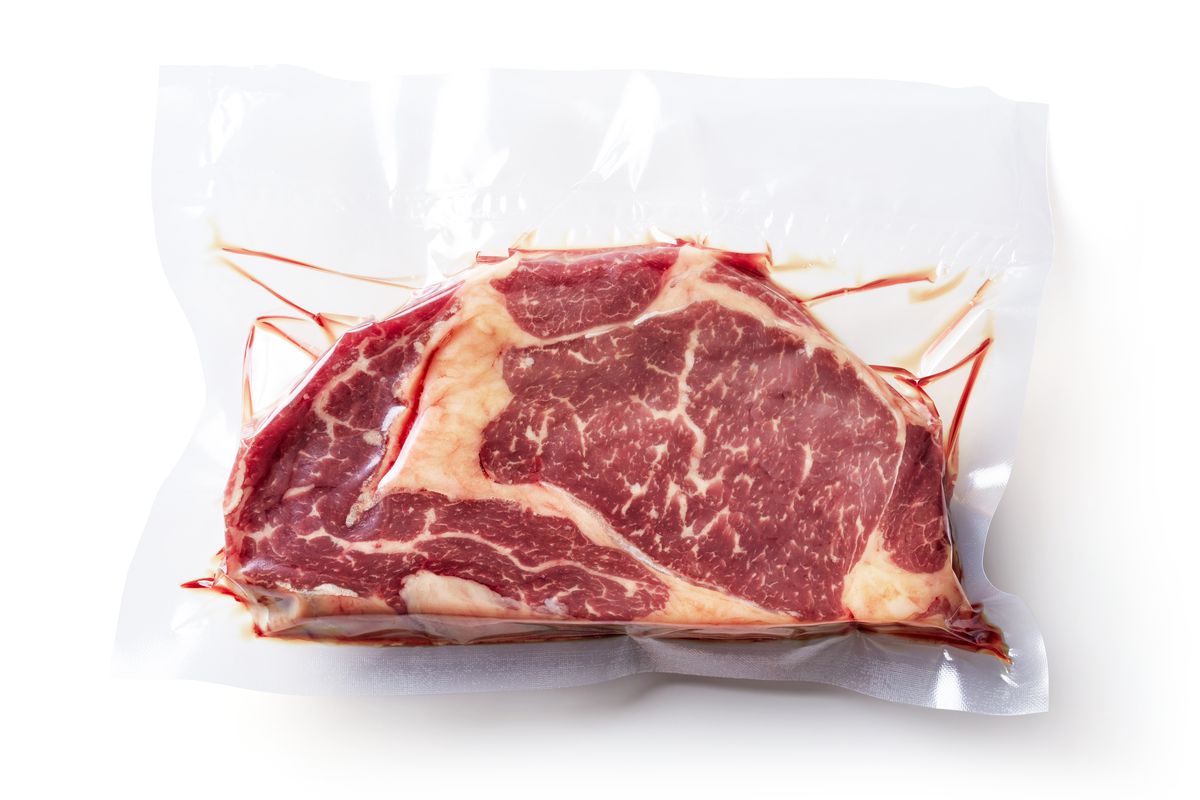
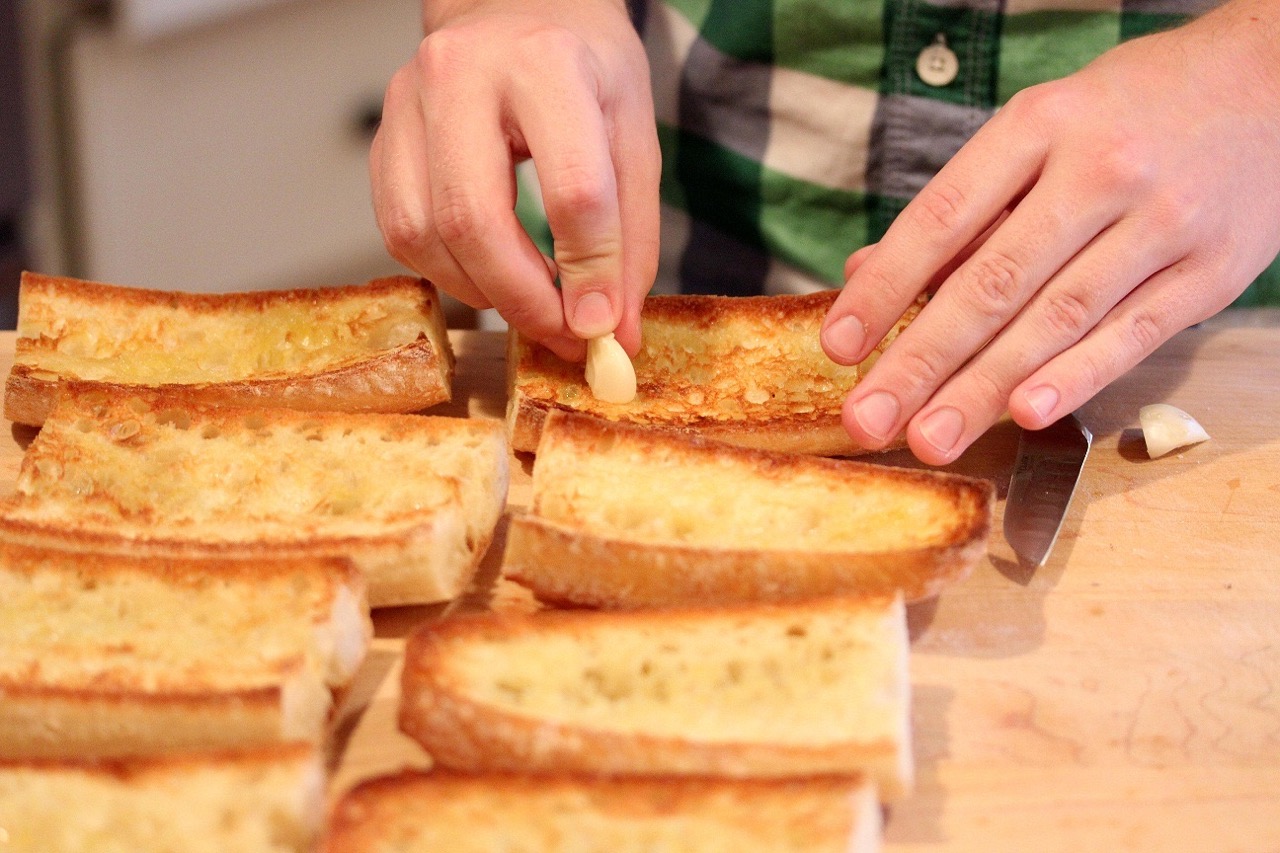


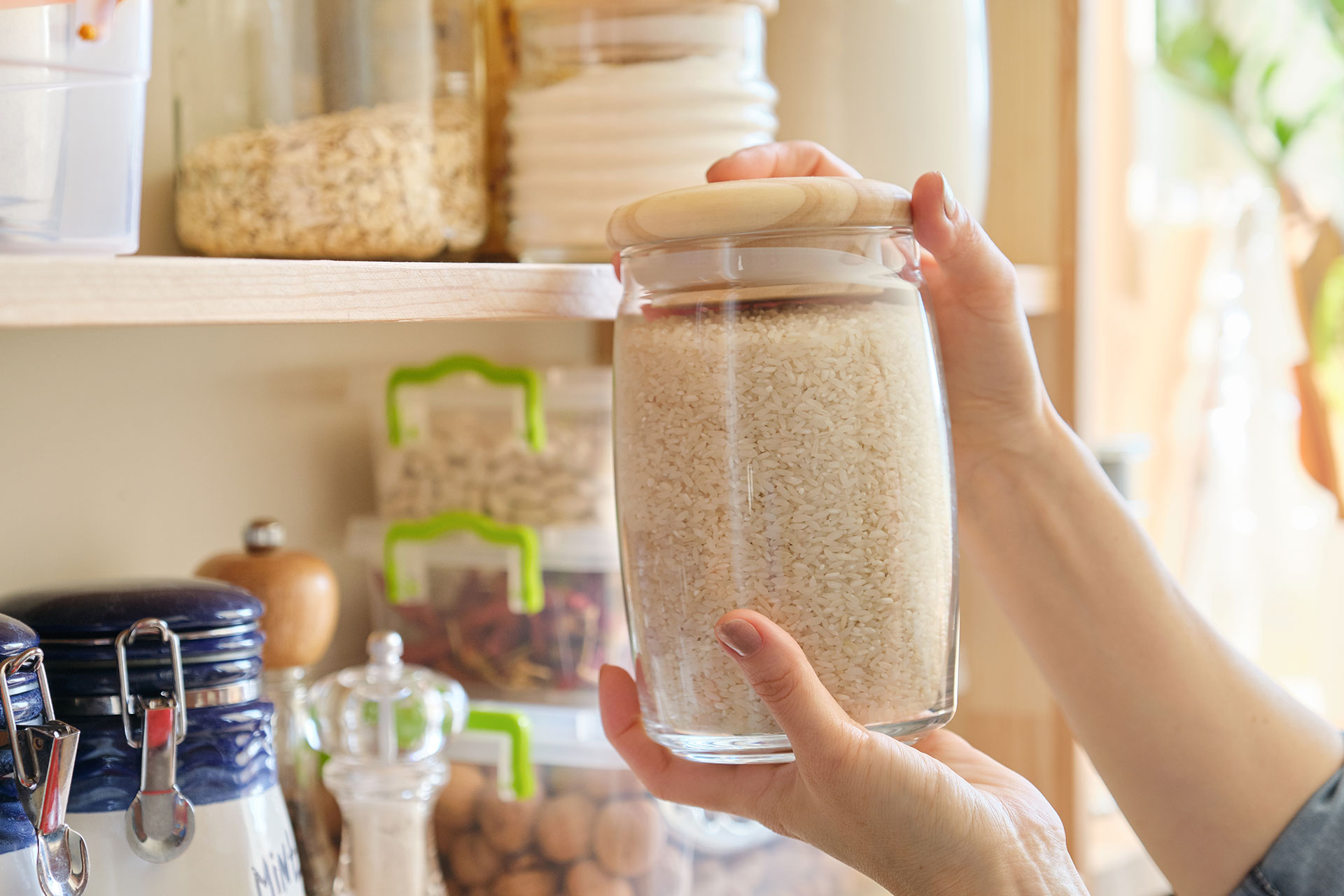
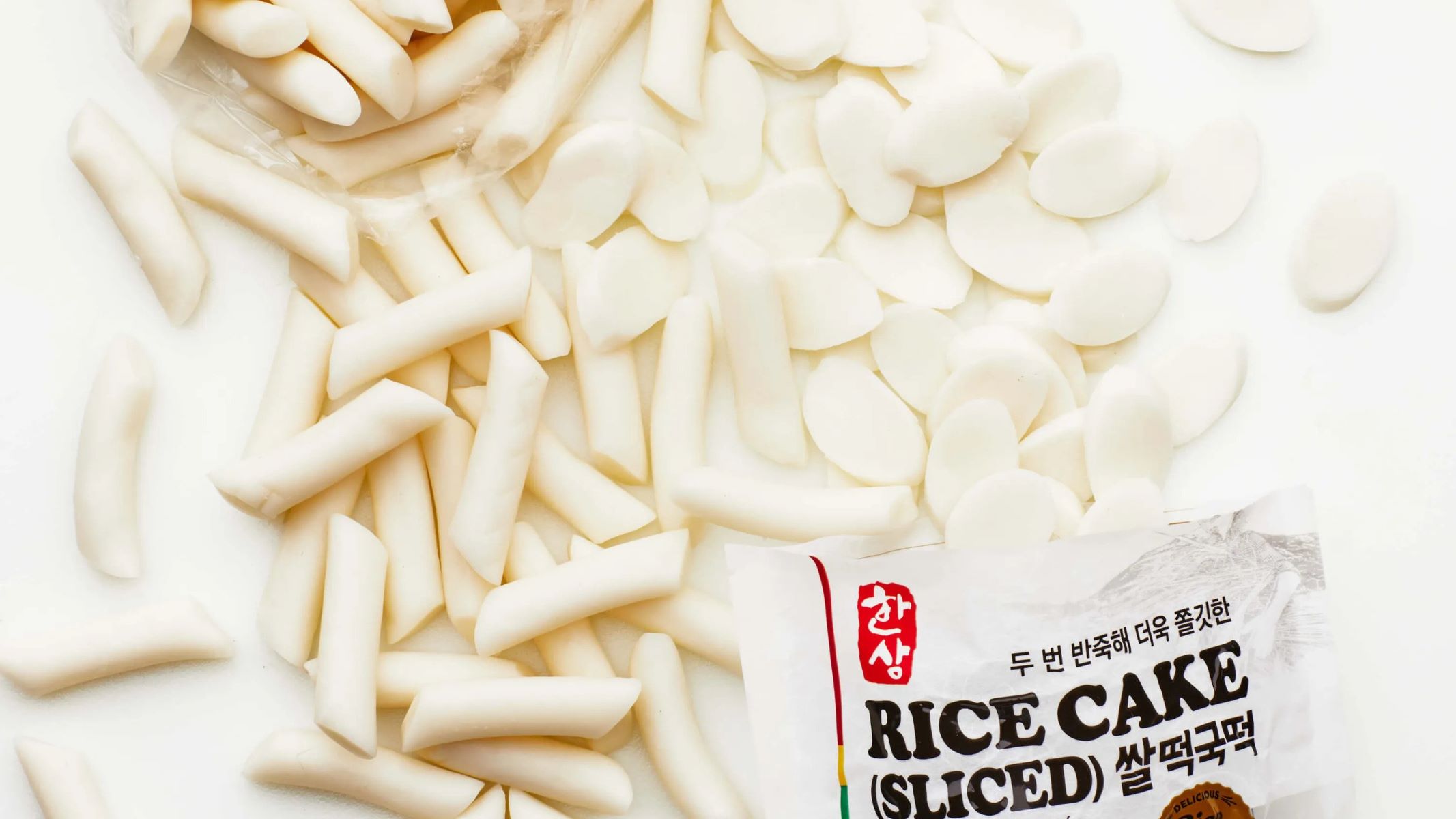
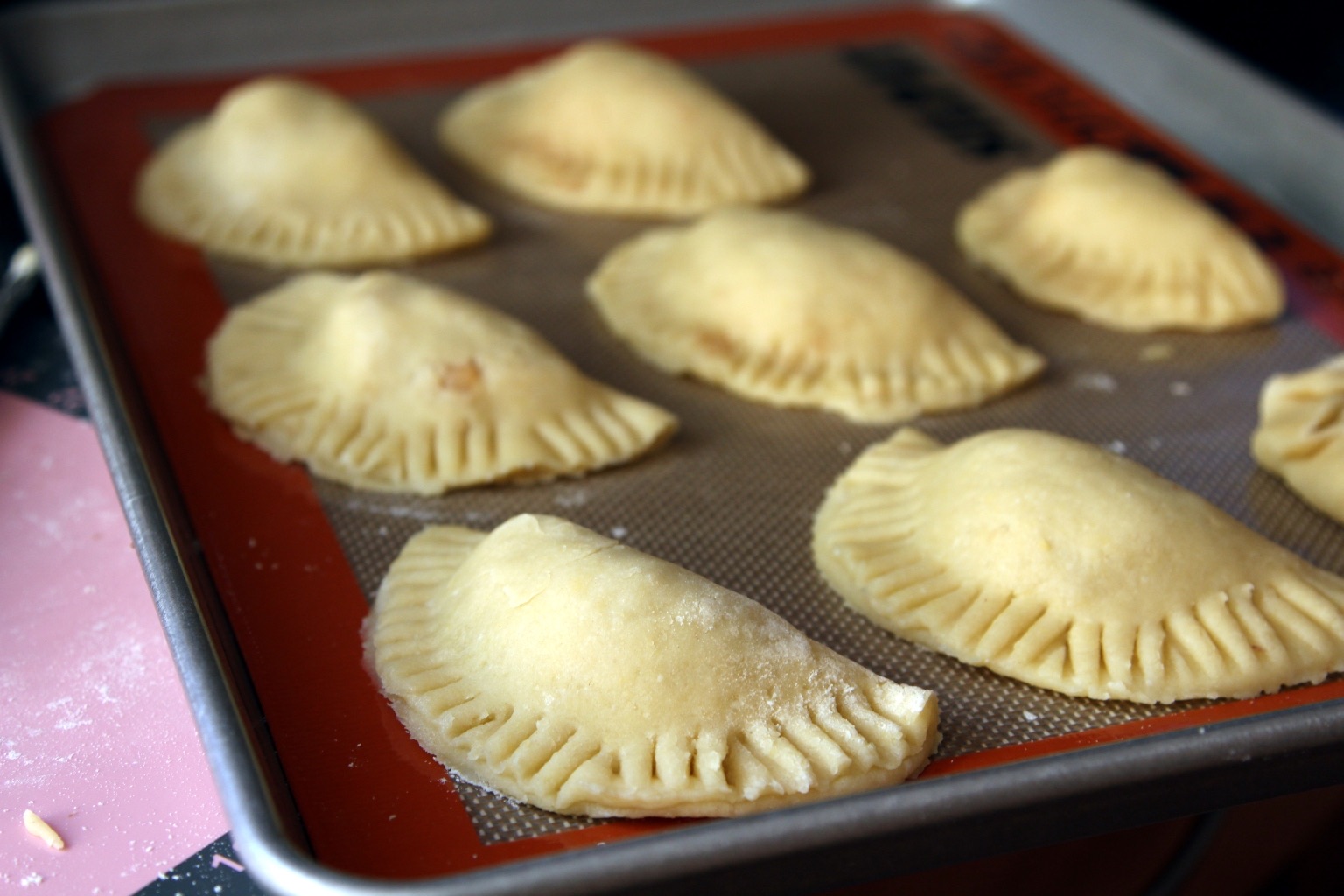

0 thoughts on “How To Store Uncooked Bacon”